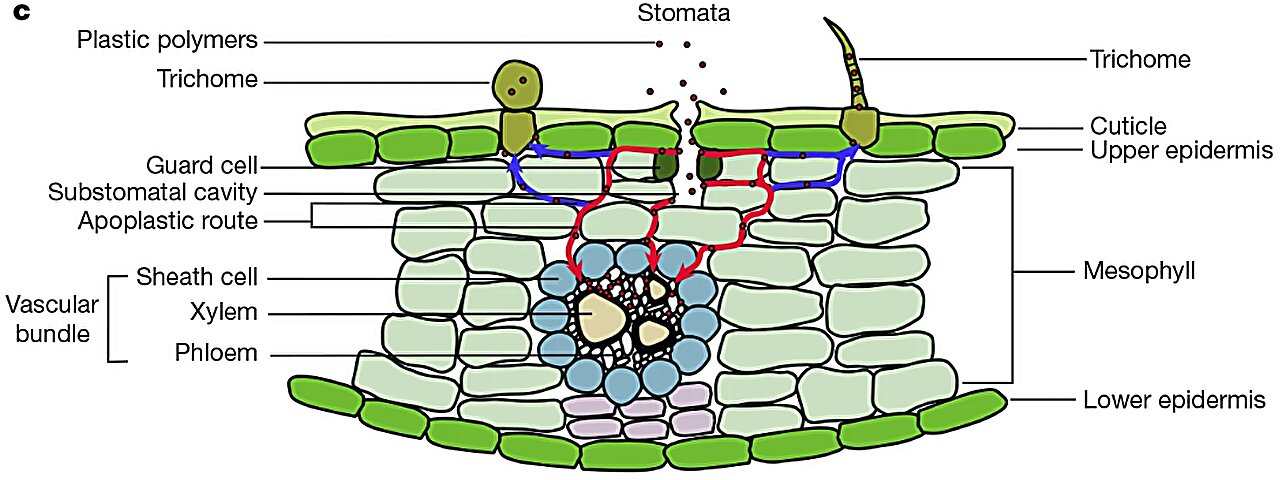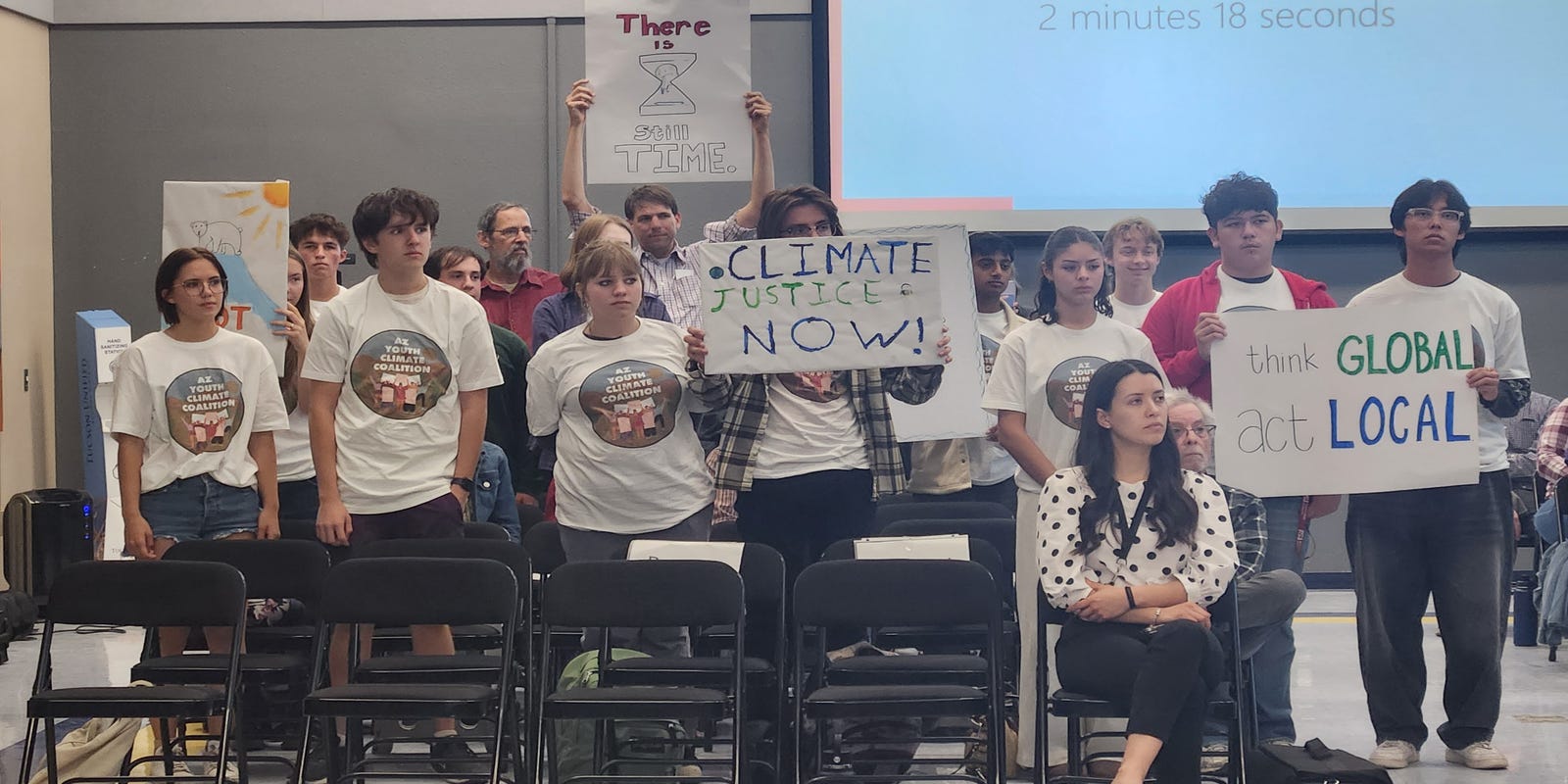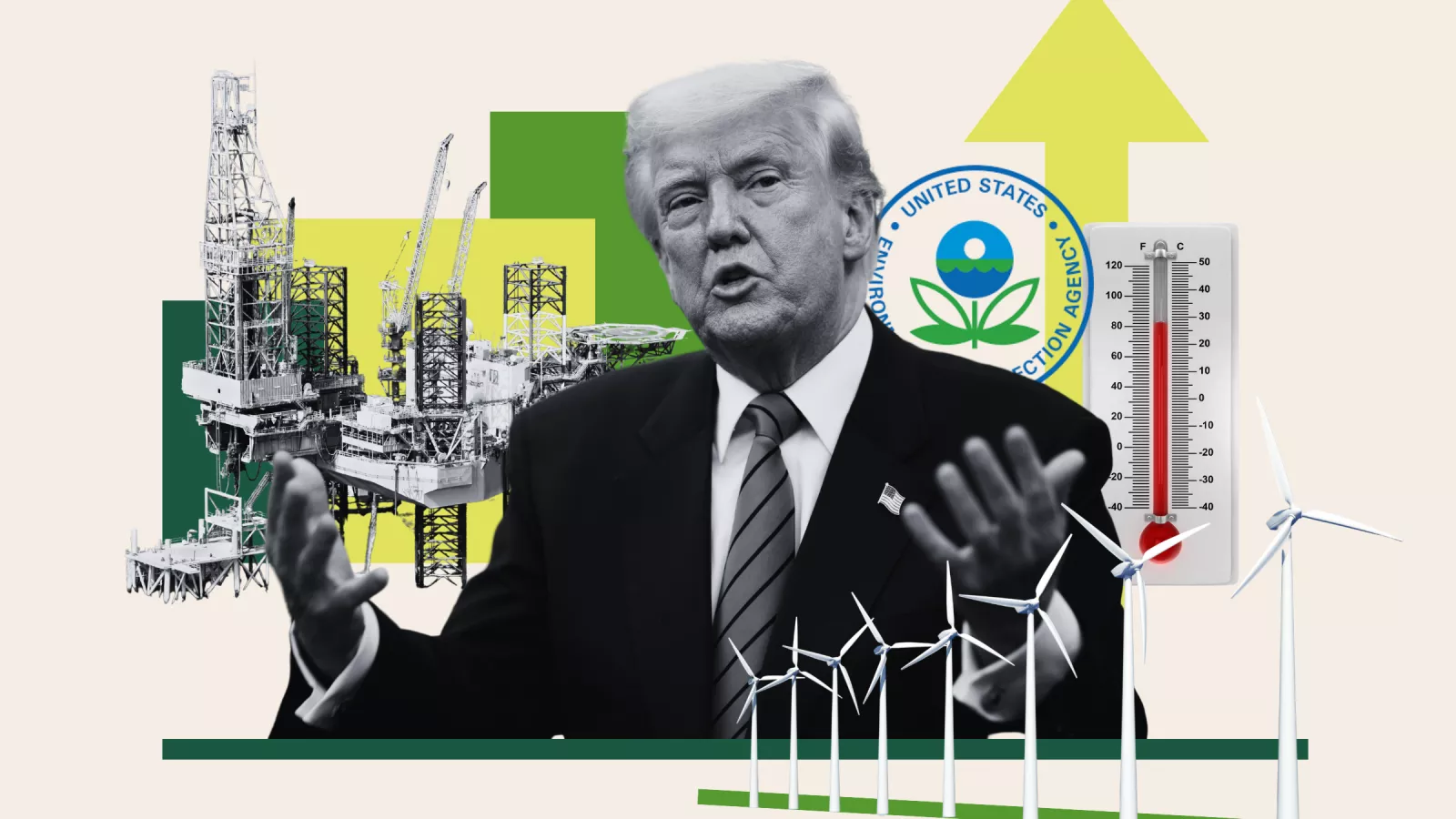Tiny Plastic Invaders: How Microplastics Are Hijacking Plant Leaves
Environment
2025-04-15 10:30:01Content

In a groundbreaking discovery, scientists from Nankai University have uncovered a startling environmental phenomenon: plant leaves are capable of directly absorbing microplastics directly from the surrounding atmosphere. This remarkable finding reveals the pervasive nature of plastic pollution and its potential infiltration into the natural world.
The research team's investigation has exposed a concerning reality: microscopic plastic particles are not just contaminating our oceans and soil, but are now being actively absorbed by vegetation through their leaves. This mechanism suggests that plastic pollution has reached an unprecedented level of environmental penetration, potentially impacting entire ecosystems in ways previously unimagined.
By demonstrating how plants can inadvertently become carriers of microplastic particles, the study highlights the urgent need for comprehensive strategies to address plastic pollution. The implications of this research extend far beyond academic curiosity, offering a stark reminder of humanity's growing environmental footprint and the complex ways in which synthetic materials interact with living systems.
As microplastics continue to pervade our environment, this discovery serves as a critical wake-up call, urging researchers, policymakers, and citizens to take more decisive action in reducing plastic waste and understanding its long-term ecological consequences.
Green Guardians: How Plant Leaves Become Unintended Plastic Repositories
In a groundbreaking revelation that challenges our understanding of environmental contamination, scientists have uncovered a disturbing phenomenon where plant life becomes an unexpected archive of microscopic plastic pollution. This discovery not only exposes the pervasive nature of microplastics but also highlights the intricate ways human industrial activities are fundamentally transforming natural ecosystems at the molecular level.Unveiling the Silent Invasion of Microscopic Plastic Particles
The Atmospheric Plastic Transmission Mechanism
Modern environmental research has illuminated a startling mechanism of microplastic infiltration that transcends previous understanding. Plants, traditionally viewed as passive environmental filters, are now revealed as active participants in a complex contamination cycle. Researchers have discovered that atmospheric microplastics can directly penetrate leaf structures, creating an unprecedented pathway for synthetic polymer integration into biological systems. The transmission process involves microscopic plastic particles suspended in ambient air, which possess remarkable mobility and penetrative capabilities. These particles, ranging from nanoscale to micrometer dimensions, can navigate through minute cellular openings in plant leaf epidermis, effectively bypassing traditional biological barriers. This infiltration mechanism suggests a more profound and systemic environmental contamination than previously comprehended.Implications for Ecological Systems and Human Health
The accumulation of microplastics within plant tissues represents a critical environmental concern with potentially far-reaching consequences. By integrating synthetic polymers into botanical structures, these microscopic invaders could disrupt fundamental physiological processes, potentially impacting photosynthetic efficiency, nutrient absorption, and overall plant metabolism. Moreover, this discovery raises significant questions about potential food chain contamination. As plants serve as primary producers in ecological networks, the presence of microplastics could initiate a cascading effect, potentially transferring synthetic materials through successive trophic levels. This phenomenon might introduce unprecedented challenges for ecosystem stability and potentially human nutritional safety.Technological and Research Frontiers
Advanced analytical techniques, including high-resolution microscopy and spectroscopic methodologies, have been instrumental in revealing these intricate plastic transmission dynamics. Cutting-edge research platforms are now focusing on comprehensively mapping microplastic infiltration patterns, developing innovative detection protocols, and exploring potential mitigation strategies. Interdisciplinary collaborations between environmental scientists, botanists, and materials researchers are emerging as crucial in understanding these complex interactions. The goal extends beyond mere observation, aiming to develop comprehensive strategies for monitoring, preventing, and potentially reversing microplastic contamination in natural systems.Global Environmental Policy Considerations
The revelation of direct microplastic absorption by plant leaves demands immediate and comprehensive policy recalibration. Environmental regulatory frameworks must evolve to address this nuanced form of pollution, potentially requiring more stringent industrial emission controls, enhanced waste management protocols, and aggressive plastic reduction strategies. International scientific communities are increasingly advocating for holistic approaches that integrate technological innovation, policy intervention, and public awareness campaigns. The objective is to create a multifaceted response mechanism capable of addressing the complex challenges posed by ubiquitous microplastic contamination.Future Research and Technological Innovations
Emerging research trajectories are exploring potential technological interventions to mitigate microplastic infiltration. Innovative approaches include developing advanced filtration systems, creating biodegradable alternative materials, and engineering plant varieties with enhanced resistance to synthetic particle absorption. Nanotechnology and genetic engineering present promising avenues for developing sophisticated solutions. Researchers are investigating molecular-level modifications that could potentially create natural barriers against microplastic penetration, representing a proactive approach to environmental protection.RELATED NEWS
Environment

Green Revolution in Argentina: How 'Ley Yolanda' is Transforming Environmental Education
2025-02-21 15:47:27
Environment

Diesel Disaster Averted: Arkansas Tackles Environmental Fallout from Storm Chaos
2025-04-28 22:27:53






